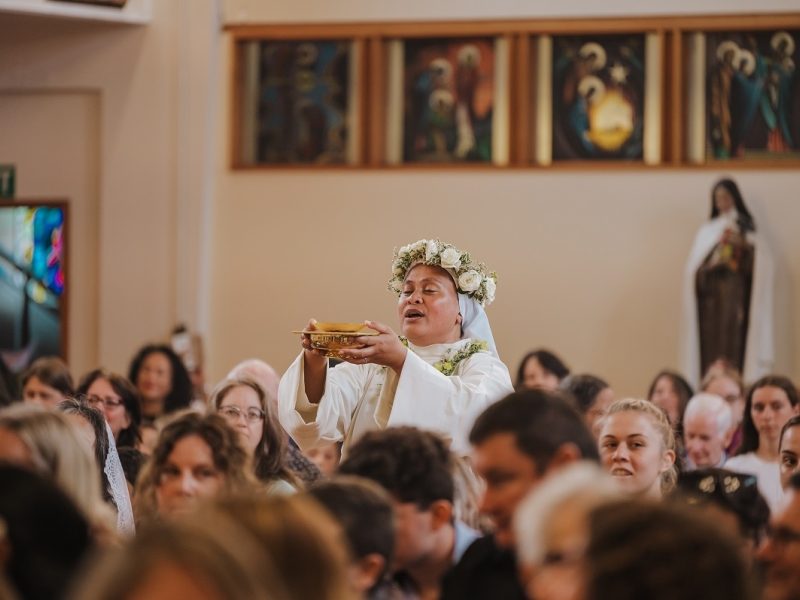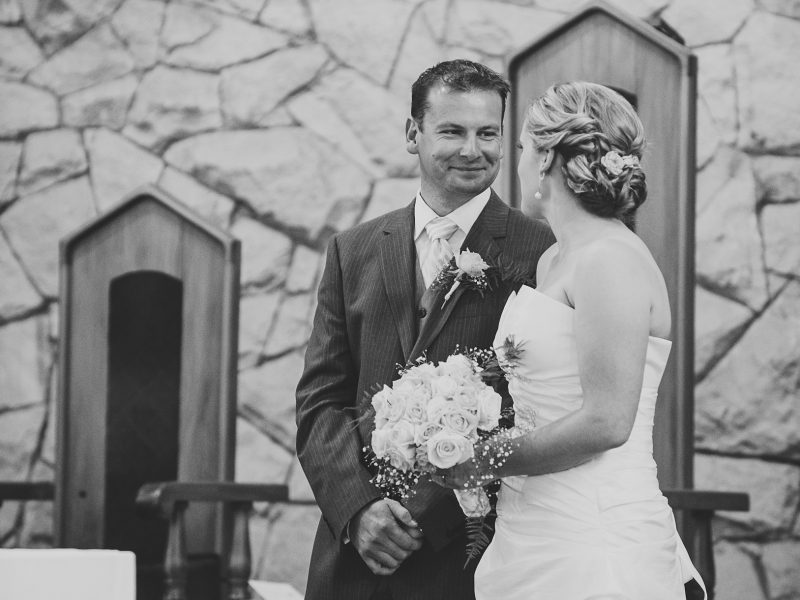"YOU matter to God — Everyone has a vocation."
According to St Thomas Aquinas (1225-1274), everything in the world has a purpose and God is the reason for its existence. As a human person, everyone has a vocation or a calling in life, which can be understood as a God given purpose or mission. For baptised Christians, this calling is further deepened by their membership in the Church. Most people are called to the vocation of marriage, which is a Sacrament and a way of living out God's plan for love and family. However, some particular baptised Catholics are called to a different vocation, such as priesthood or religious life, which involves dedicating themselves fully to the service of God and the Church.

A vocation is more than just a job or career; it is a continuous prompting of the Holy Spirit that touches the whole person and gives meaning to our lives. For example, while you may not be required to confess your sins to your employer at work, a healthy vocation may require you to accept God's demand for humility and obedience, which can impact on all areas of your life. Thus, a job is a well-defined portion of a person's life that typically involves specific skills and responsibilities, such as computer skills, accounting, or nursing. It is usually a means of earning a living and may or may not align with your passions or values.
In contrast, a vocation is a calling which engages the whole person, including your relationships, personal journey, and spirituality. It is a sense of purpose and meaning that goes beyond a job or career, and involves a deep commitment to fulfilling our God given mission in life. A vocation is often considered permanent, while a job or career may be subject to change.
In a simple way, vocation can be understood as a relationship. The term 'vocation' has three different meanings. The first meaning is that every human being is called to be good by practising the human virtues such as prudence, justice, temperance, and fortitude. This is a general call to all people, regardless of their religion or beliefs. The second meaning of vocation is for Christians to grow in holiness by being constant in communion with God. This requires the three theological virtues of Faith, Hope, and Love. Christians are called to deepen their relationship with God and live a life of holiness and service to others. The third meaning of vocation is specific to the Church and includes the three different vocations of priesthood, religious life, and marriage. These are specific paths of life that are chosen by individuals who feel called by God to serve in these ways.

The different meanings of vocation indicate the different priorities and paths of life that individuals may choose to follow in their relationship with God. For example, the priesthood and religious life are the vocations that demand a person to give themselves up to be available for the mission entrusted to them by God through the Church. These vocations require a person to follow Jesus wherever He goes and leave everything behind. This is why the evangelical vows of chastity, obedience, and poverty free a man or woman from earthly duties, in order to be available for these vocations. In contrast, marriage is a vocation that involves a partnership between a man and a woman, where they commit themselves to each other exclusively, for the rest of their lives.

The Catholic Church teaches that marriage is a sacred bond between a man and a woman, created and blessed by God. It is a lifelong commitment that is meant to be exclusive, faithful, and fruitful. The Church views marriage as a Sacrament, a visible sign of God's grace and recognises it as the foundation of the family and society.
Finally, your vocation is a calling from God that gives meaning and purpose to your life. It is different from a job or career as it touches the whole person and embodies a project of life. There are three different meanings of vocation, which include being good, growing in communion with God, and specific vocations in the Church. Whether it is priesthood, religious life, or marriage, a person's vocation is a permanent commitment that demands their whole personality and engages them in a lifelong journey towards holiness.
Discovering one's personal vocation is essential because it is a sign of our importance to God, who has sent us His Son to follow Him and carry out His divine plan.
Fr. Tien Cao
Vocations Director of the Diocese of Christchurch
